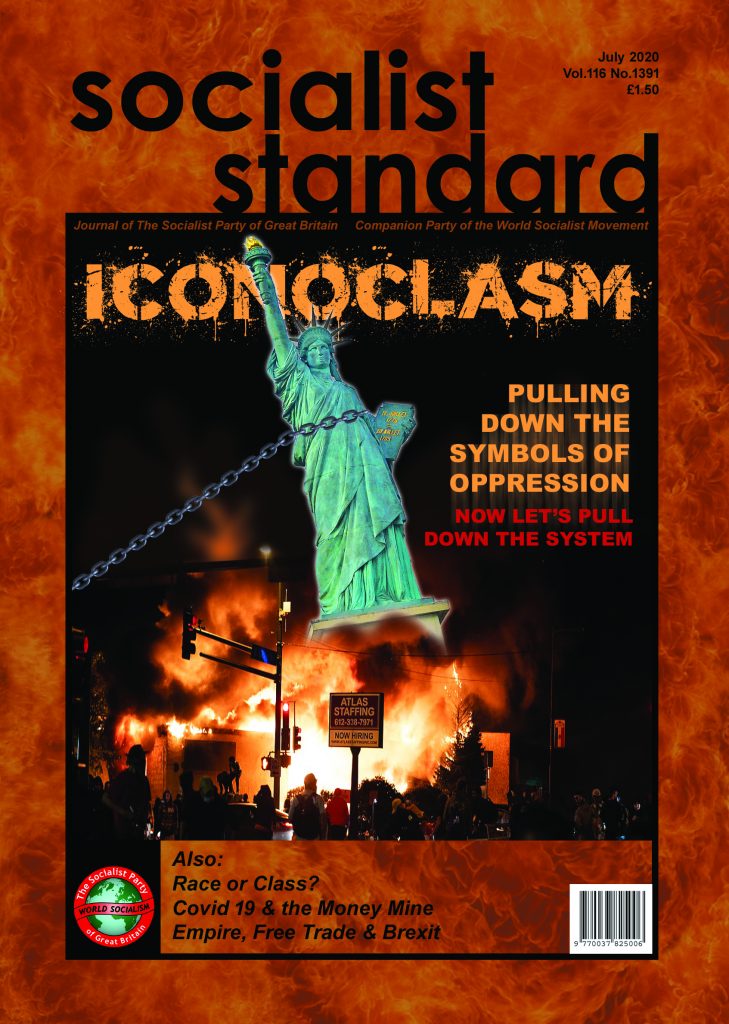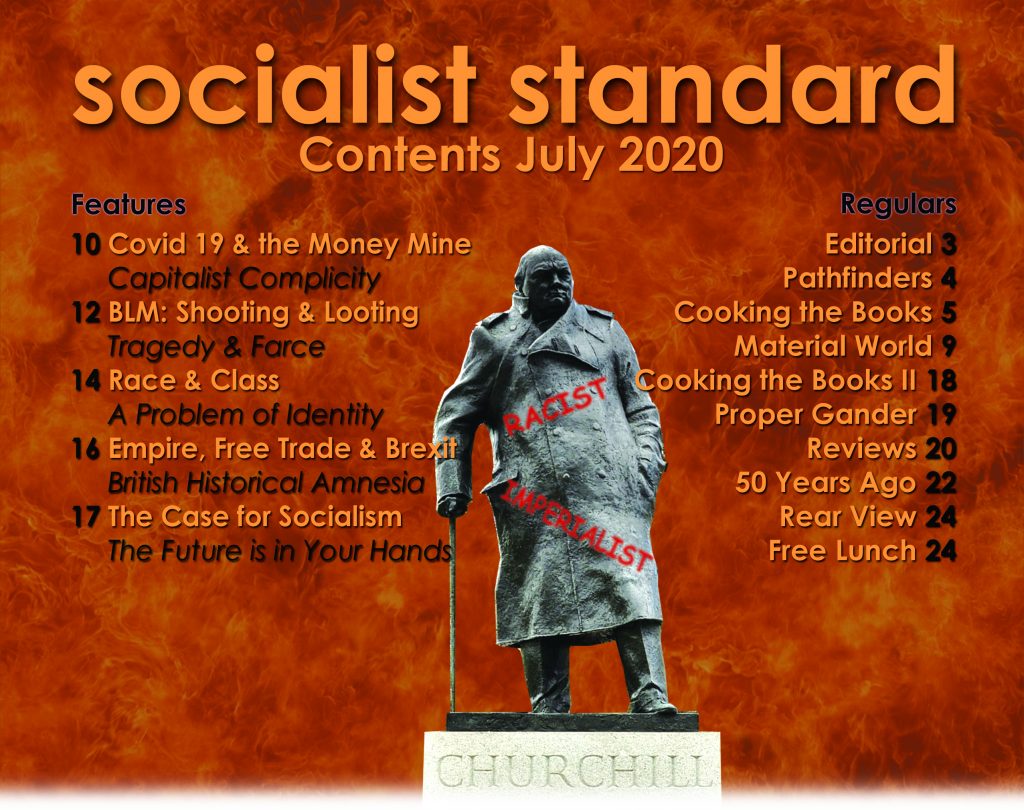Many say that the present pandemic will change the way we look at society’s problems, especially its environmental challenges. There are lessons to be learned but there are still many questions to be answered.
We live in a world where our life and fate is in the hands of a few ultra-wealthy oligarchs and ultrapowerful plutocrats. They are the 0.01%. They have placed themselves over sovereign elected governments and above global bodies like the United Nations. This elite minority is complicit in the many on-going crises we are confronted by. They are culpable for the current instability within society.
Today the prospects for human civilisation, never mind humanity’s existence in the future, looks bleak. The collapse of civilisation may well be on the cards if we do not change course and avoid the potential tipping points that many scientists now warn us of. In a sane world, if scientists who normally understate problems start issuing warnings of existential threats then a rational world would take immediate remedial action to ensure human survival.
Society is controlled through Parliament where power rests. The workers form the vast majority of the population, and it is mainly through their votes that members of Parliament are elected. When the workers accept the socialist outlook they will vote delegates to Parliament to take control on their behalf. The capitalists will have to accept what happens, regardless of their views, because they will have lost the power to resist it. Thus there will be no need for violence.
Once the workers have obtained control of Parliament they will proceed to organise society on a socialist basis. The capitalists will be unable to prevent this. They will have lost both their economic basis and their political control. Therefore they can only do as previous controlling classes had to do; fall in line with the organisation of the new system.
Socialism is international. Therefore the new system will be a world system. There would not be any government or leaders required. There are organisations in existence at present which attend to purely technical matters on an international scale, which can give you an idea of future procedure. Here is a list of a few of them.
The Food and Agricultural Organisation (FAO) continually reviews the food and agricultural conditions in the world and supplies governments with facts and figures relating to nutrition, agriculture, forestry and fisheries; with appraisals and forecasts in relation to the production, distribution and consumption of agricultural products. It also makes recommendations on the improvement of education and administration relating to the fields in which it works.
The World Health Organisation (WHO) has as its object “the attainment by all peoples of the highest possible level of health".
The International Civil Aviation Organisation (ICAO) assists Civil Aviation by encouraging the use of safety measures, uniform regulations for operation, and promotes the use of new technical methods and equipment.
The Universal Postal Union (UPU) aims at assuring the organisation and perfection of the various postal services and promotes, in this field, the development of international collaboration. To this end, the members of the UPU are united in a single postal territory for reciprocal exchange of correspondence. That is why it is so easy to send letters to Los Angeles. Valparaiso, Cape Town, Delhi, Tokyo and Melbourne
The World Meteorological Organisation (WMO) sets out to promote international co-operation in the field of meteorology and the quick exchange of weather data to establish world-wide networks of meteorological stations and facilitate the publication and standardisation of their observations, to further the application of meteorology to human activities, and to encourage research and training in the field of meteorology. In conjunction with Radio and coastguard stations it gives warning of gales, and enables ships in distress, regardless of nationality, to have assistance sent to them.
These are just some of the purely technical organisations that collect and distribute facts and general information, and there are many others, less known, in other fields. These technical organisations work at present under capitalist conditions, where the profit motive limits to some extent the value of their work. But when socialism comes into operation such organisations will be free to work to the fullness of their powers, without having to bow to the interests of property. In the future there will be nothing to hinder the work of people who are delegated to central bodies in different areas, and to world central bodies, for the purpose of collecting and disseminating information to enable society to produce and distribute what will be required to satisfy the needs of all. There will be only one interest to serve, the interests of the whole of the world’s population.
Our own organisation, on a very small scale, is an example of the kind of thing that will come into operation. We depute members to do various jobs, including an Executive Committee to carry out the Party’s instructions. No one would gain by failing to do the job deputed to him. and the better he does it the better for all the members, including himself. That is the spirit which will actuate all those in a socialist society, but a spirit that, in general cannot operate unhindered in a class society where some can gain by wielding domination over their fellows. And, incidentally, in socialist society the better a man does a job the more he will be appreciated by his fellows, but he will have no power of any kind, nor will he be treated as a ’leader”.
The technical organisations we have mentioned are manned by members of the working class who will become socialists in the same way as other members of the working class, by acquiring socialist knowledge. When we are on the brink of socialism they will know what will be required of them and act accordingly—gather and impart the information necessary to enable the change over from capitalism to socialism to be accomplished as smoothly as possible. Obviously it will take a little time for the new society to get properly on its feet and settle down, but this will only be a question of solving technical difficulties. The working class that inaugurates socialism will be quite aware of this, but the multitude of problems that afflict a class society will no longer exist.













